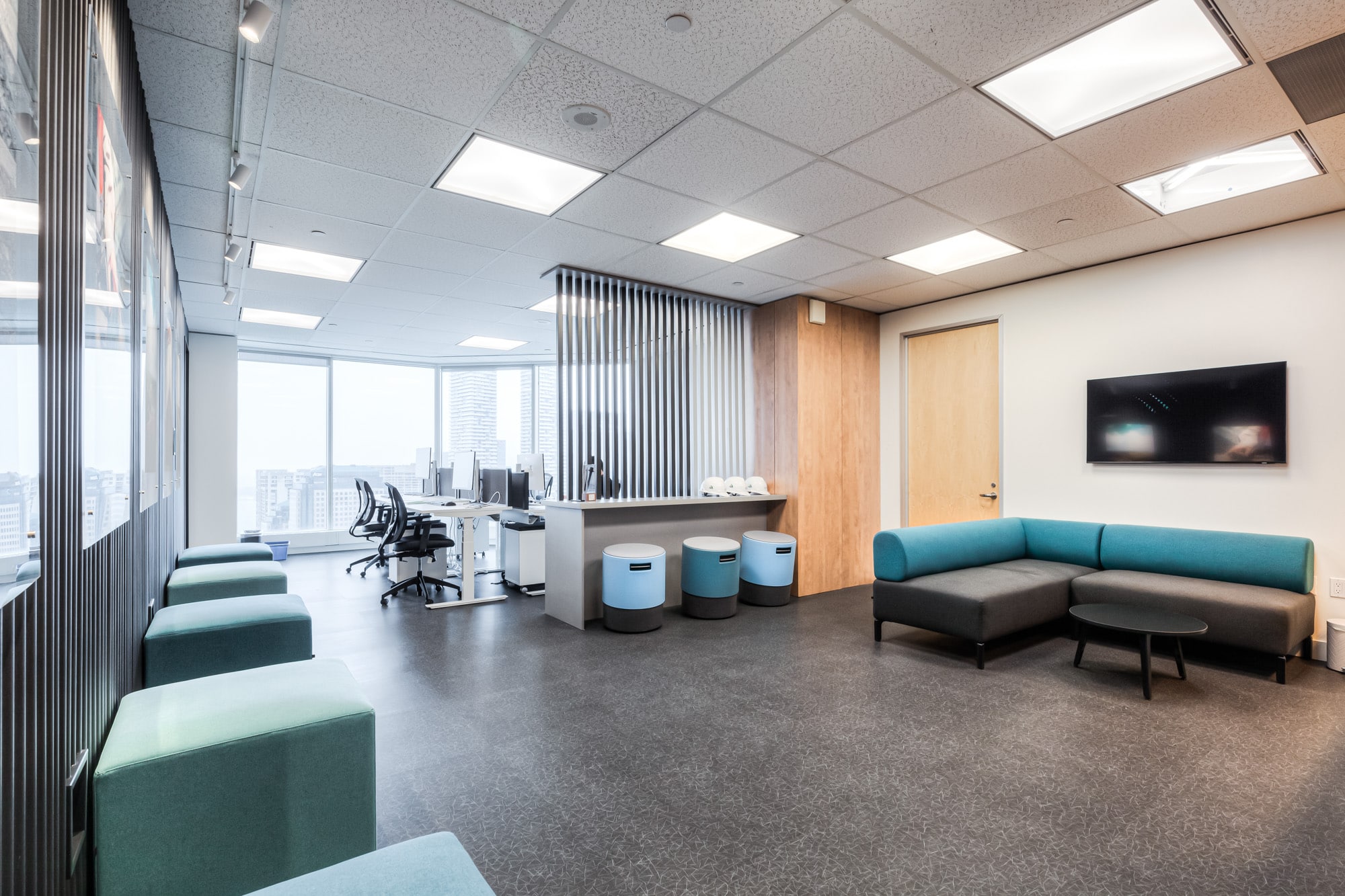Flexibility in office furniture refers to the adaptability and versatility of furniture pieces and layouts within an office space. It’s important because it allows the workspace to be easily reconfigured to meet the changing needs of the organization and its employees. Here’s why flexibility in office furniture is crucial:
Adapts to Evolving Workstyles:
The way we work is constantly changing. With the rise of remote work, hybrid work models, and shifting team dynamics, offices need to be adaptable to accommodate various workstyles. Flexible furniture can be rearranged to suit individual work, collaboration, and team-based activities.
Efficient Space Utilization:
Flexible furniture can help maximize the efficient use of office space. Furniture that can be easily reconfigured allows for denser seating arrangements when needed or open, collaborative spaces when required. This flexibility can help organizations make the most of their real estate investments.
Employee Productivity:
Providing employees with furniture that suits their specific tasks and preferences can enhance productivity. For instance, adjustable-height desks and ergonomic chairs allow employees to customize their workstations for comfort, reducing discomfort and distractions.
Supports Collaboration:
Collaboration is a key aspect of many modern workplaces. Flexible furniture that can be easily moved and arranged enables teams to come together for meetings, brainstorming sessions, and group projects. Modular seating, mobile whiteboards, and flexible meeting tables facilitate collaboration.
Promotes Wellness:
Ergonomically designed and adjustable furniture promotes employee well-being. Employees can change their seating or desk positions throughout the day, reducing the risks of repetitive strain injuries and promoting better posture.
Cost-Efficiency:
While flexible office furniture may require an initial investment, it can lead to long-term cost savings. Instead of constantly purchasing new furniture to accommodate changing needs, organizations can adapt their existing furniture to new purposes.
Sustainability:
Reconfigurable and modular furniture can be more sustainable. It reduces the need to discard and replace furniture when office layouts change, contributing to a more environmentally friendly workplace.
Attracts Talent:
A flexible and adaptable office environment is appealing to many employees. Organizations that invest in adaptable office spaces are often seen as forward-thinking and employee-centric, which can help attract and retain top talent.
Future-Proofing:
The business landscape is unpredictable, and organizations need to be prepared for change. Flexible furniture allows companies to quickly respond to shifts in their industry, team size, or business strategy without major office overhauls.
Customization:
Flexibility in furniture design often includes options for customization. This allows organizations to choose furniture that aligns with their brand and corporate culture, creating a unique and tailored workspace.
Health and Safety:
In the context of health and safety, especially during a pandemic or in situations where physical distancing is necessary, flexible furniture allows for the easy rearrangement of workspaces to maintain safe distances between employees.
In conclusion, flexibility in office furniture is essential for creating a dynamic and adaptable workspace that can evolve with the changing needs of the organization and its employees. It promotes efficiency, collaboration, employee well-being, cost savings, and sustainability while helping attract and retain talent in a competitive job market.

